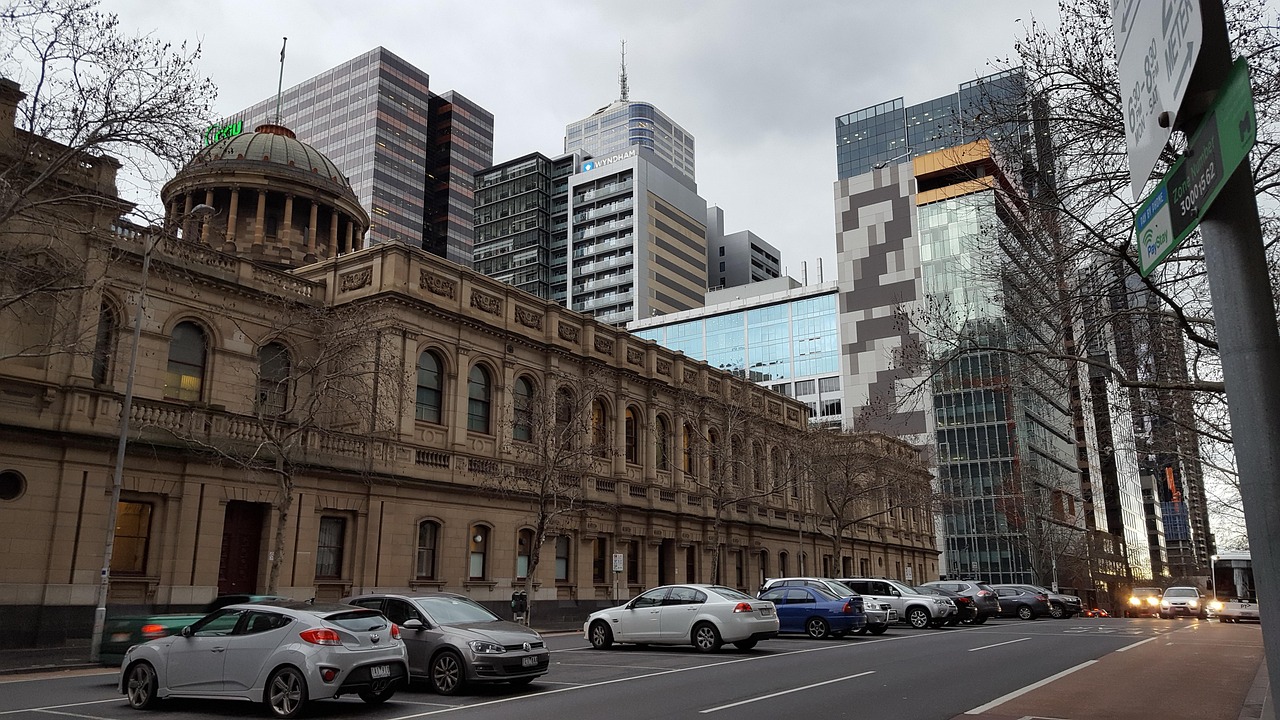How to Manage Your Finances as an International Student in Bournemouth?

Strong 8k brings an ultra-HD IPTV experience to your living room and your pocket.
As an international student at Bournemouth, managing finances reasonably is crucial for ensuring the successful completion of studies and enjoying the study abroad life. So how can one balance the desire for study, life and exploration within a limited budget and achieve financial stability and independence?
1. Formulate A Clear Financial Plan
Clear financial planning is the core pillar of the overseas study experience for international students. It can not only effectively prevent getting stuck in the quagmire of debt, but also significantly reduce the anxiety caused by economic pressure, enabling students to focus their precious energy on academic exploration and cultural integration.
- Comprehensively sort out all sources of funds: regular family remittances, personal savings, scholarships/grants.
- Adopt the dichotomy of "fixed expenditure" and "flexible expenditure". Fixed expenditures refer to the necessary expenses that remain basically unchanged each month (rent, insurance, phone bill packages, and necessary transportation and commuting fees). Flexible expenditures refer to items with adjustable amounts (food purchases, social entertainment, and clothing purchases).
- Use simple and efficient spreadsheets to record every income and expenditure in real time and cultivate healthy financial habits.
2. Controlling Core Expenditures - Accommodation
The cost on Student lettings Bournemouth account for the majority of international students' daily expenses. Therefore, making a wise choice of accommodation is of vital importance.
Practical Strategies for Optimizing Accommodation Costs
- Geographical location trade-off: Properties close to Bournemouth University Talbot Campus or the city centre have a significant premium. Considering areas that are a bit further away but have convenient public transportation, such as Winton, Charminster or Boscombe, you can usually save 15% to 25% on rent. Be sure to calculate the commuting time and transportation cost. Student bus cards have discounts, about £2 for a one-way trip).
- The Power of Roommates: Sharing a private residence with 1-3 reliable classmates is the most effective way to reduce the average rent per person. Clear roommate agreements, such as those involving rent sharing, bill payment, and cleaning schedules, are all indispensable.
- Lease flexibility: University dormitories and most PBSA offer a fixed lease term for the academic year (approximately 42 weeks). The private rental market may offer shorter or longer lease options, but careful discrimination is needed.
- "All-inclusive" trap: When choosing a dormitory or apartment that claims "Bills Included", be sure to confirm the coverage. For example, whether it includes Wi-Fi and TV licensing fees? Is there any dosage limit?
3. Be Careful with Daily Expenses
- Dietary management: Learning to cook is the key. The prices at local farmers' markets such as Boscombe and Winton or discount supermarkets like Aldi are relatively affordable. Formulating weekly menus, bulk cooking, repackaging and freezing, as well as snapping up food approaching its expiration date can all significantly reduce food expenses.
- Transportation: Walking and cycling are the most economical and healthy ways. Essential More Bus student public transportation card, and the semester cards offer discounts. Book your train trip in advance and use the 16-25 Railcard with annual fee £30, which can save 1/3 of the fare.
- Communication option: Compare the SIM Only package. Usually, £10-£15 per month can meet the sufficient data demand. Choose the long-term contract bound to the mobile phone carefully.
- Textbook acquisition: Prioritize the use of university library resources (including e-books), purchase second-hand books (student groups, Amazon second-hand), rent or share with classmates. Copying necessary chapters requires compliance with copyright law.
- Entertainment and social interaction: Utilize student discounts to cover dining, movies, and shopping. The free/low-cost activities (movie nights, club activities, lectures) organized by Bournemouth Beach, parks, universities and student unions are excellent choices. Set the upper limit of the monthly entertainment budget.
4. Make Effective Use of Bournemouth Local Resources
- Core University support: Renowned universities in Bournemouth, such as Bournemouth University and AUB, all have professional student financial consulting teams that provide one-on-one budget guidance, applications for hardship funds (in case of sudden severe financial crises), and information on scholarships and grants.
- Student Union (SUBU & AUBSU) : It offers free independent advice services (covering financial, accommodation, and visa legal issues), organizes money-saving activities and second-hand trading markets, and is an important platform for finding part-time jobs and socializing.
- Community Treasures: Get free study Spaces and online resources at the Bournemouth Public Library, explore the charity store, and head to the community center for free or low-cost events. Follow the local information platform to get the latest information about the city.
Conclusion
Amid the sound of the waves in Bournemouth, learning to steer the boat of finance is a more profound compulsory course in life than any academic course. When accommodation costs are smartly compressed and daily expenses become light through careful calculation, what you get in return is far more than just the increasing figures in your bank account. Financial composure will give you the confidence to make choices. Every day in Bournemouth, may you manage your wonderful life well through the financial order created by rational planning.
Note: IndiBlogHub features both user-submitted and editorial content. We do not verify third-party contributions. Read our Disclaimer and Privacy Policyfor details.







